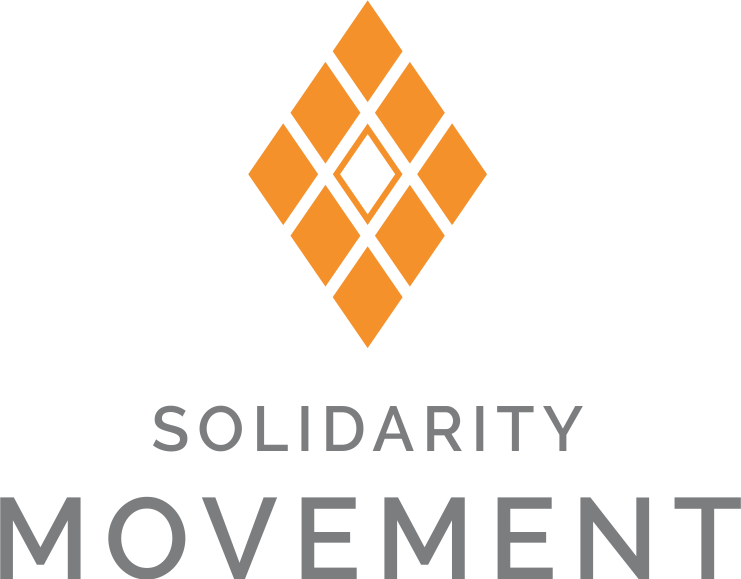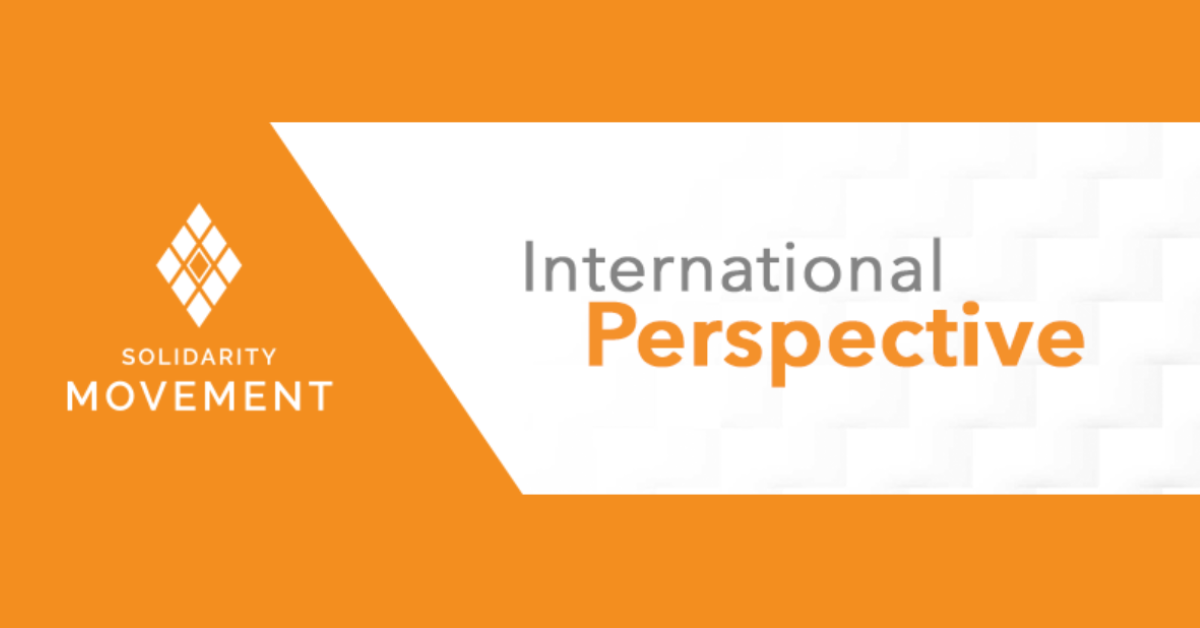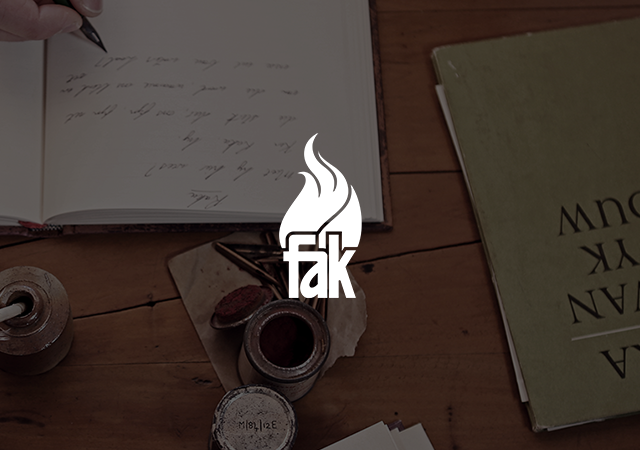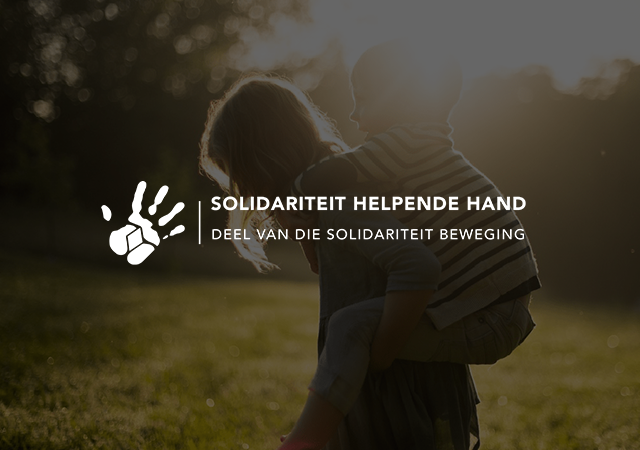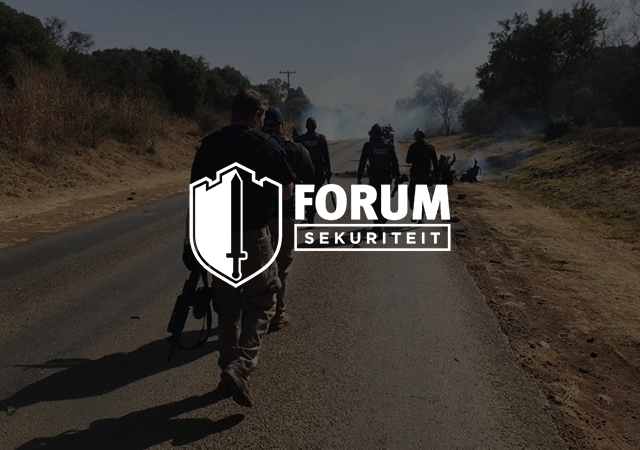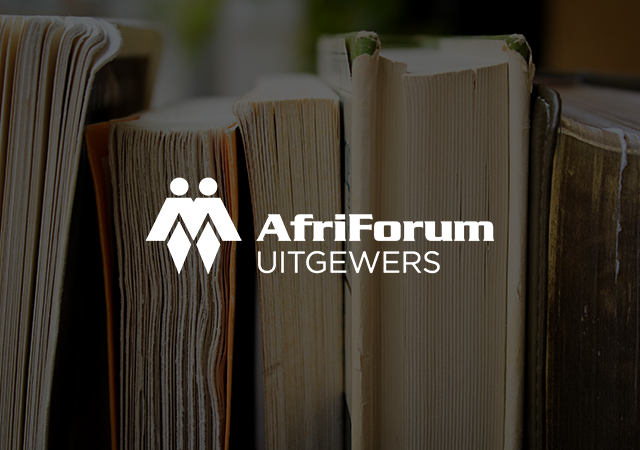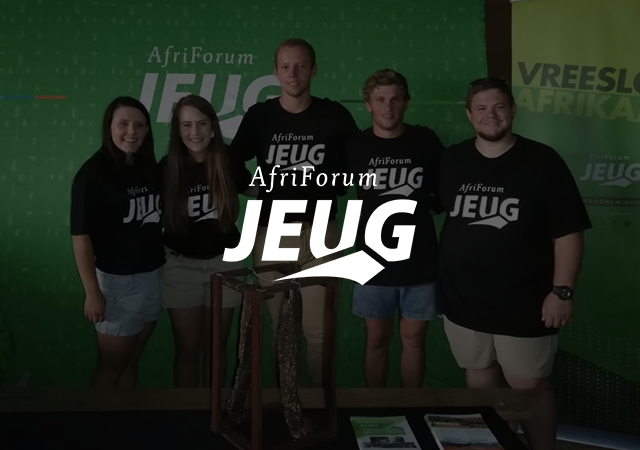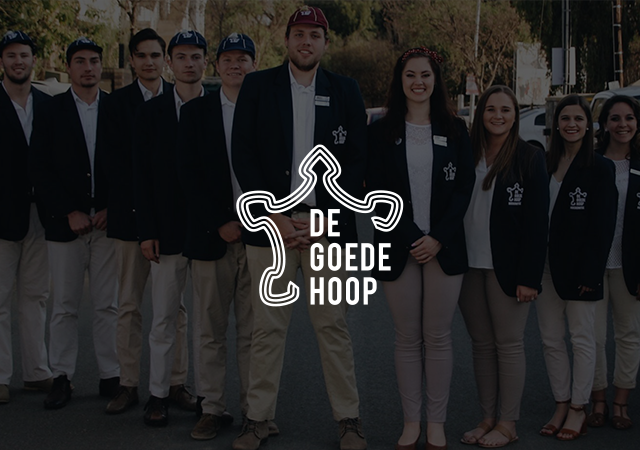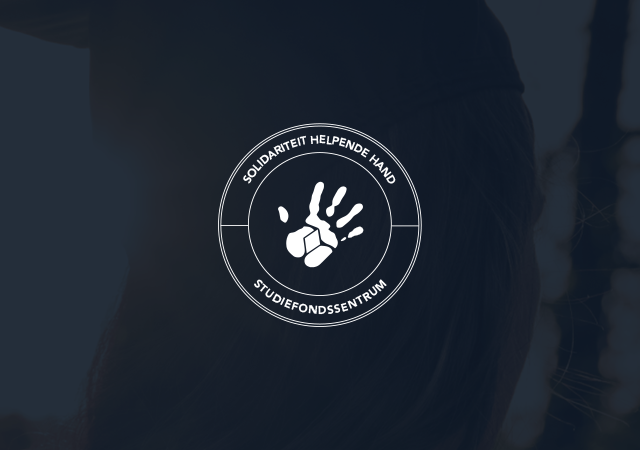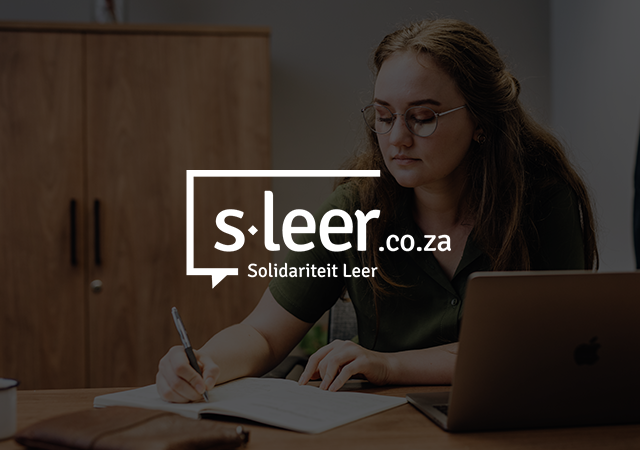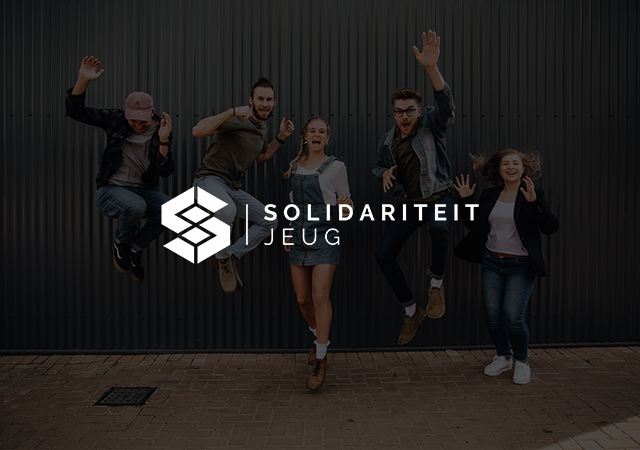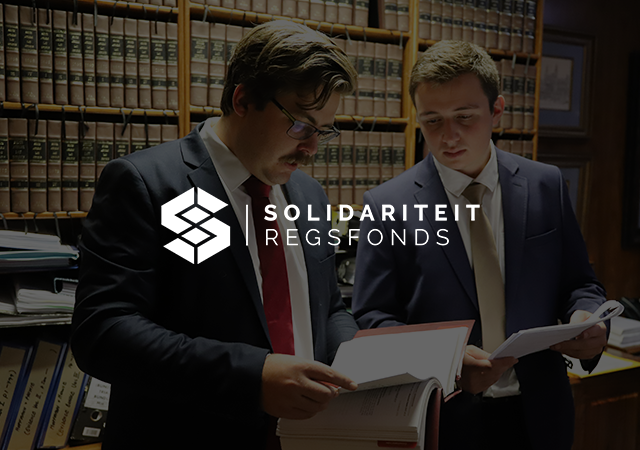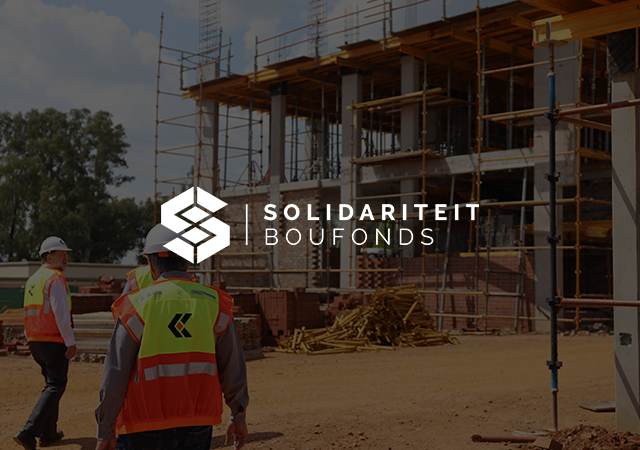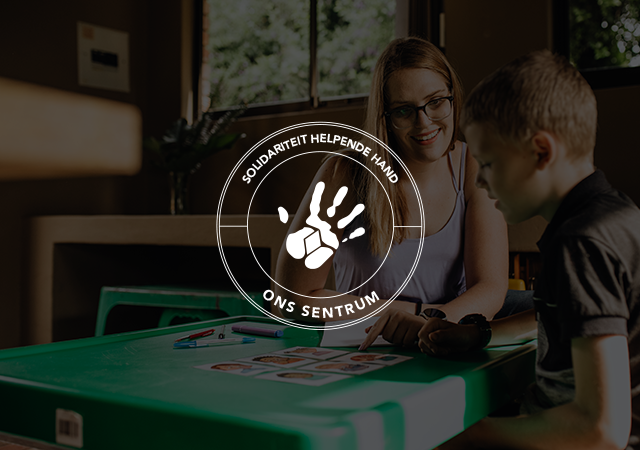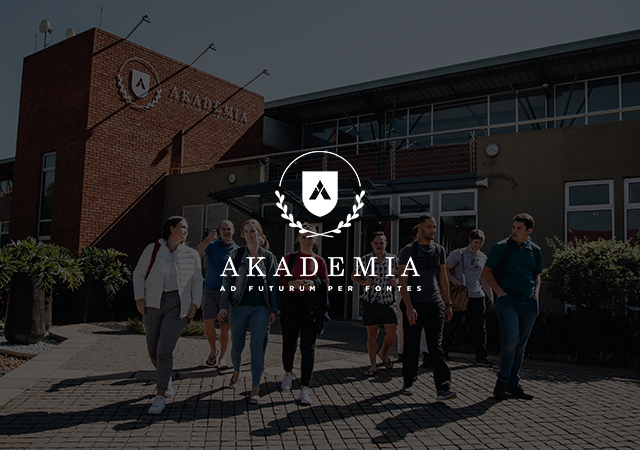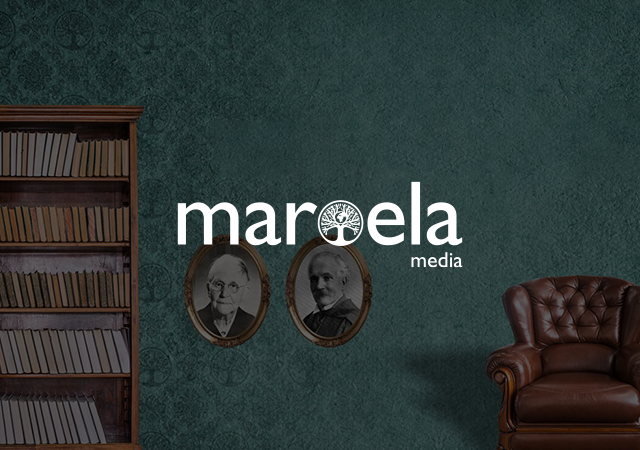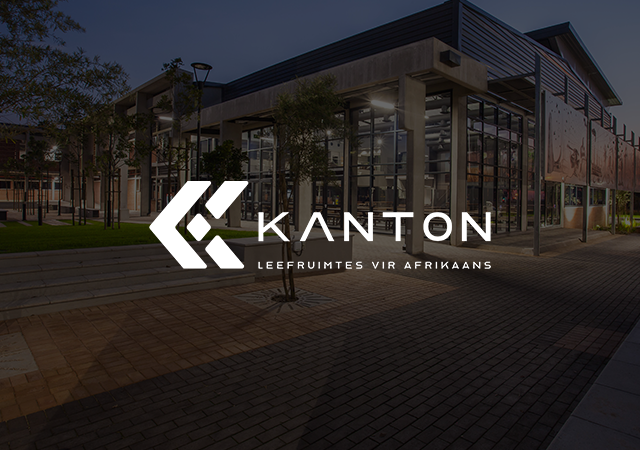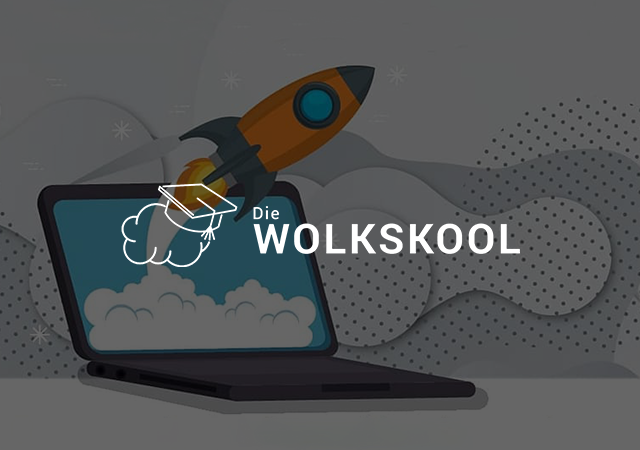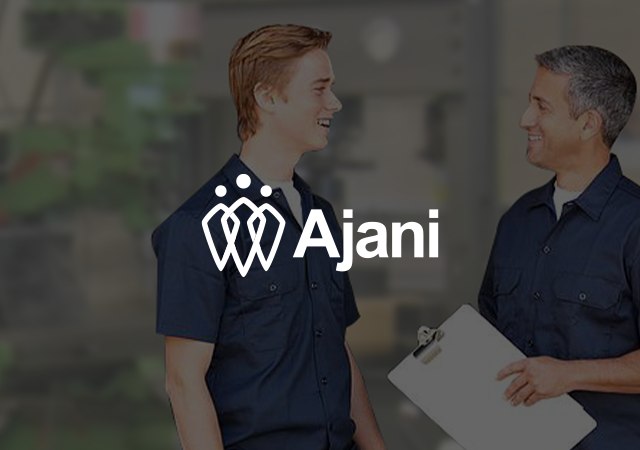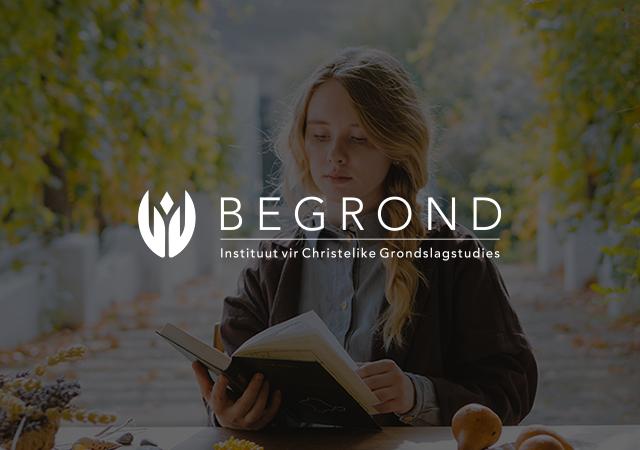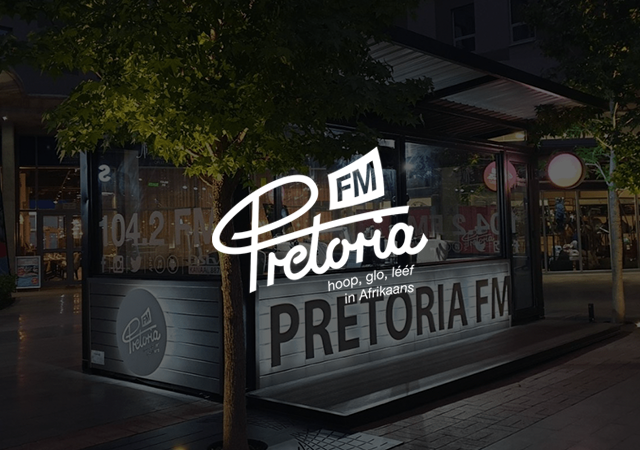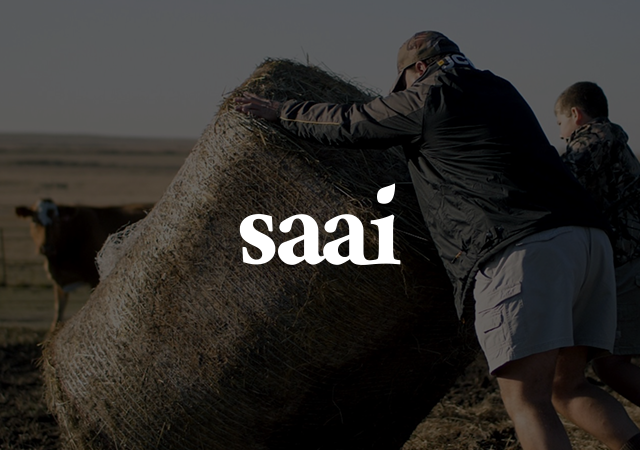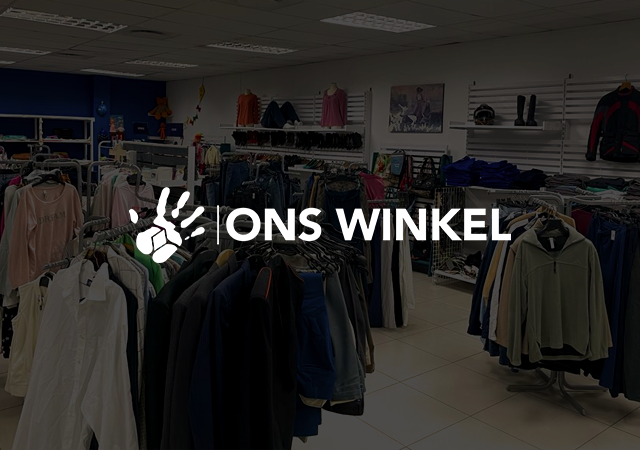After 30 years: Uncertainty, fluidity and a political crossroads ahead for SA
Dear friends, acquaintances and interested parties abroad
In this second edition of our international newsletter, we discuss the new government in South Africa and the risks and opportunities that political change brings for South Africans, but also for our friends abroad.
Kind regards
Jaco Kleynhans
Head: International Liaison
Solidarity Movement, South Africa
Introduction
From New South Africa to Next South Africa: A new phase, filled with opportunity and risk
The past three decades in South Africa have been known as the post-apartheid era, or as the era of the New South Africa. After an earthshattering election in May 2024, in which the African National Congress (ANC) lost its majority in parliament for the first time since 1994, it is clear that the country has entered a new era. The post-apartheid era has always been characterised by the ANC as the representative of the millions of black South Africans who had been excluded from the democratic dispensation before 1994. For these South Africans, the ANC was the vehicle to realise their aspirations, dreams and hopes. However, it became clear, especially during the last decade, that a large section of these South Africans began to lose their patience with the ANC. The combination of poor service delivery, decaying infrastructure, violent and other crimes and the rise in unemployment and poverty proved to be enough for millions of voters who had voted for the ANC in 1994. Along with this, there is a whole new generation of young South Africans today who have little to no hope in politics, and especially in the ANC.
MK and apathy reason for ANC loss of majority
The result of all of this is that the ANC’s dwindling support levels turned into a dramatic loss of support. The party’s support dropped to 40%, and with it, the party lost the parliamentary majority it had over the past three decades. The ANC’s poor performance at the polls can be attributed to two things mainly. The breakaway of the Jacob Zuma faction from the ANC and the resultant rise of the MK party, especially in KwaZulu-Natal, was responsible for more than half of the ANC’s loss of support. Compared to previous elections, the balance of the loss in votes can be ascribed to the stay-away vote. In 2024, the voting percentage among black South Africans dropped to the lowest level since 1994. Black South Africans who have had enough of the ANC’s mismanagement voted for opposition parties in very small numbers – most of them either voted for the MK or simply did not vote at all. Less than 40% of all eligible potential voters in South Africa voted. Of the 27,7 million registered voters only 16,2 million cast their vote. After the participation peak of 89,3% in 1999, the voting percentage dropped to 58,6% in 2024. There are, however, another 13 million adult South Africans who did not even bother to register to vote. Thus, out of a total of more than 40 million eligible voters, only 16 million participated in the election.
The reason for the elevated levels of apathy among black South Africans, in particular, is precisely the feeling that politics, and specifically democracy, no longer offers solutions to their challenges. According to a 2024 study conducted by the Human Sciences Research Council, 57% of South Africans are dissatisfied with democracy in South Africa.
A new political era for South Africa
After this year’s general election, it was clear that the ANC would have to form coalitions with other parties at national level, but also in some of the provinces, to establish a stable government. The choice was clear – either cooperation with radical leftist parties such as the MK and the Economic Freedom Fighters (EFF), or cooperation with more centrist parties such as the Democratic Alliance (the classical liberal party and second largest party in the country), the Inkatha Freedom Party (a conservative and traditional Zulu party), the Freedom Front Plus Party (a party representing conservative Afrikaner interests), the Patriotic Alliance (a populistic coloured party) and some other smaller parties.
The ANC’s decision to choose the latter option was considered to be a wise choice by a majority of South Africans as well as by the international community. Since the announcement of a Government of National Unity (GNU) which, in practice, is for all intents and purposes a multi-party coalition, there is renewed hope that South Africa can begin to address its problems.
The new Government of National Unity offers opportunities for participation by former opposition parties, especially the Democratic Alliance, the Inkatha Freedom Party and the Freedom Front Plus. During the first few months of this new government, however, it was clear that the ANC will still do everything in its power to impose its own policy preferences on the new government, with few concessions being made to other parties.
An important question over the next months, especially in the run-up to South Africa’s next municipal election in 2026, will be whether the parties that currently form part of the GNU will succeed in keeping the government going, in the midst of an extremely assertive ANC which will often try to continue governing as a majority party. The absence of mechanisms to limit the ANC’s influence within the government is something that already presents a challenge for some parties.
Still huge challenges ahead for South Africa
However, it is important to realise that 2024 is not 1994. South Africa is experiencing major challenges with its infrastructure that has collapsed into total disrepair over the past three decades. Crime rates have reached the highest levels ever. Corruption has become part of the culture at all levels of government and will be very difficult to eradicate. The national debt is the highest ever.
However, it is clear that foreign investment is already returning to South Africa after a major capital outflow during the past few years. The fact that load shedding (the systematic application of scheduled electricity outages over the past 12 years) has largely come to an end, together with the establishment of a moderate multi-party government, contributes to new global optimism about South Africa.
For the optimism to remain sustainable the government will have to do more to fight corruption, reduce crime, improve infrastructure and ensure a general climate of investor confidence.
In a manner of speaking, the New South Africa is being replaced by the Next South Africa. The country is now entering a new era. The new coalition government is still facing major political challenges to stay in place, establishing sustainable governments in provinces and at municipal level, and ultimately, preventing radical populist groupings from reversing the reconstruction process.
The Next South Africa is a phase offering great opportunity to improve confidence through more transparent and stable governance, leading to much-needed economic growth and job creation. Then the preservation of skills that are still flowing out of the country also becomes possible. The risks of a return to the disastrous 2010s of corruption, stagflation, increasing crime and the total decay of social cohesion are still a reality. Over the next year or two, and especially in the run-up to the municipal elections in 2026, we will have to see if South Africa can capitalise on the new window period of optimism that has opened up after the 2024 elections.
Five challenges facing the Next South Africa
As mentioned above, South Africa has huge challenges to face over the next months and years. In this International Perspective, however, I am going to focus particularly on five of these challenges because it is also of international importance that South Africa and specifically the new government here make the right decisions and take the right steps to finally put South Africa on a path of internal recovery, but also to strengthen the country’s international position.
- Economic growth
South Africa’s economy grew by just 0,6% in 2023, after already sluggish growth of only 1,9% in 2022. Levels of economic growth that could lead to a drop in unemployment in South Africa were last seen during the 2000s. Economic growth of barely 1% is expected for this year.
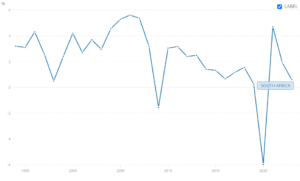
There are several reasons for the stagnation of the South African economy over the past 15 years. While economic growth for the first 15 years after 1994 often was between 5% and 6%, since 2009 it has mainly been between 1% and 2% per year. With inflation mostly between 4% and 10% over the past 15 years, coupled with a sharply increasing population, these 15 years of low economic growth have been catastrophic for South Africa’s unemployment rate, poverty levels and government finances.
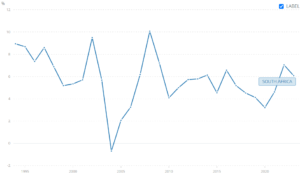
The period of low economic growth coincides with a period of serious corruption and the decay of infrastructure. Massive corruption that drastically increased input costs in state-owned companies, coupled with so-called load shedding (daily scheduled electricity cuts) caused by severe electricity shortages, were probably the main reasons for the low economic growth in the last 15 years.
However, what is increasingly contributing to low economic growth and a loss of foreign investment is the policy environment in South Africa. Continued populist policy proposals such as the expropriation of property without compensation, which seriously threatens property rights, stricter black economic empowerment laws (the strictest such intervention worldwide currently) which create room for corruption, lead to skill losses, discourage foreign investment and bring extra costs for the government in its procurement policy, all contribute to a policy environment that inhibits economic growth.
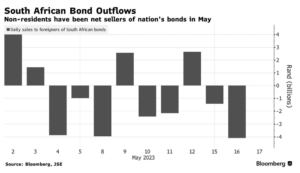
In May last year, there was a huge outflow of foreign investment in South Africa after a diplomatic dispute arose between South Africa and the United States of America. The South African government has not yet considered the effect of its foreign policy, and specifically its ties with Russia, Iran and even China, and the impact it has on foreign investment. South Africa’s decision to try to take the lead in a case against Israel at the World Court, while our country actually is not only geographically but also economically completely removed from the Middle East, has also not contributed to positive sentiment towards South Africa in places such as New York and London.
Ultimately, South Africa could easily fall back into a position of anarchy, or populist forces in the ANC could gain the upper hand, should economic growth not be achieved by the current government. The fact that load shedding has come to an end and that there have been no electricity outages for almost six months now is a very positive trend.
Foreign investment is badly needed and bringing it back sustainably will require a broad-based approach, which includes drastic improvements to infrastructure, a substantial reduction in corruption and other crimes, especially violent crimes, and broad investment confidence based on a stable policy environment that ensures property rights and impose fewer regulations on the private sector. Six out of ten (62%) South Africans trust the business sector to do the right thing, according to the Edelman Trust Barometer 2024. It is essential that the government should create space for the private sector to contribute to the economic recovery of the country and even play a leading role in it.
- Violent crime and corruption
Last year, an average of 85 people were murdered per day in South Africa. Since 1994, more than half a million murders have been committed in the country. Serious violent crimes in South Africa reached the highest levels ever by the end of 2023.
Along with this, South Africa has been increasingly affected by extensive levels of corruption in recent years. Corruption is particularly a problem at all levels of government – local, provincial and national – but is also increasing at other levels of society, including the private sector.
Investigating crimes in South Africa and successfully prosecuting criminals with too few police members and especially detectives, weak courts including often inexperienced and even incompetent public prosecutors and magistrates, is still one of the country’s biggest challenges.
South Africa was greylisted by the global financial crime watchdog Financial Action Task Force (FATF) in February 2023 for not complying with international standards around the prevention of money laundering, terrorist financing and proliferation financing. This creates a further challenge for the South African economy because the perception exists that South Africa’s legal system has weakened to such an extent that even international crime groups and syndicates can easily operate from South Africa, continuing their activities such as money laundering and the financing of terrorist activities, especially in Africa. It currently looks like South Africa will only be removed from the FATF’s grey list in late 2025 at the earliest.
The crime problem in South Africa therefore is multifaceted. Common crimes and violent crimes are rooted in broken communities, poverty, unemployment and a culture of criminality. However, the problem is much greater, with extensive corruption and even international criminal activities that threaten to engulf South Africa.
The new minister of police is without a doubt more capable than his predecessor, who inspired little confidence over the past few years. However, it will take drastic steps, comprehensive leadership and major plans to curb the crime problem in South Africa. We are currently seeing too little of that.
- Infrastructure
Since 2016, public sector capital expenditure has steadily declined by R82 billion. This represents a decrease of 29%, according to Statistics SA. In particular, it is the many large state-owned companies, provincial governments and local governments that have reduced infrastructure owing to a growing debt burden, unsustainable and rapidly growing staff costs and rising corruption.
South Africa’s electricity problems, which caused serious damage to the economy, were followed by a systematic collapse of some rail services, huge problems at ports, a general deterioration in roads and nowadays also serious problems with water supply.
It is essential that South Africa’s credit rating should improve. S&P Global Ratings
has put the country’s foreign currency rating at “BB-/B” and local currency rating at “BB/B” with a stable outlook. This can hopefully start to improve by next year if the improvement in electricity supply can be followed by solutions to problems in rail transport, ports and roads. Along with this, it is essential that the state’s finances must improve, in light of the current increase in debt which is unsustainable and which means that less money can be spent on infrastructure.
The Government of National Unity has no doubt raised hopes that some infrastructure problems will be better resolved. While better ministers have been appointed in various portfolios, it is, however, necessary that more powers of supervision and control over infrastructure must be devolved to provinces. The scale of corruption in infrastructure spending is still a huge problem.
One of South Africa’s weakest points is the state of municipalities. During the 2022/2023 financial year, the auditor-general identified a total of 268 substantial irregularities in the country’s 257 municipalities which led to a loss of more than R5 billion. Only 29% of municipalities received clean audits during this period, which means that only 34 of the 257 municipalities received a clean audit, compared to the already low number of 38 in the previous financial year.
Most of South Africa’s municipalities are almost dysfunctional with little service delivery such as refuse removal, water supply and road repairs. Many municipalities spend more than 80% of their budgets on salaries and have little, if any, money left to improve infrastructure. A huge task lies ahead for the capable leader of the Inkatha Freedom Party, Velenkosini Hlabisa, who in the GNU was tasked, among other things, with helping municipalities get their act together.
- Service delivery
A majority of South Africans have lost their trust in the government. The new GNU offers a glimmer of hope for many, but people are wary of getting too optimistic. High expectations of better service delivery, including housing, medical care, social care, education, post-school training, public transport and access to clean water, sewerage, electricity and other municipal services, were the order of the day during the 1990s and early 2000s. Since then, however, it has faded.
Over the past two decades, large protests, sometimes even violent, have increased in South Africa. This is mostly related to problems with service delivery. Service delivery is also one of the most important political issues for a majority of South Africans.
The reason why I highlight this as one of the most important current challenges is the effect it can have on political stability in South Africa in the run-up to the next municipal election. Voters, with good reason, link municipal elections directly to service delivery, and for this reason the extent to which service delivery improves or deteriorates over the next almost two years can have a significant effect on the political balance of power in South Africa.
Populist parties such as the Economic Freedom Fighters (EFF) and the uMkhonto weSizwe Party (MK) are going to use problems with service delivery to their advantage over the next months to turn voters against the GNU, but also to radicalise voters, to increase protests and even violence and to fuel political tension.
While the GNU has a primary task of stabilising the national government in South Africa, particularly in terms of the state’s finances, combating crime and corruption and creating a climate conducive to economic growth, it is also essential that substantial evidence of an improvement in service delivery will have to be shown.
In one field, education, it has been clear lately that populists are prepared to try to transform the small amount of successful schools that could harm education in South Africa even further.
- Foreign relations
South Africa’s foreign relations have suffered greatly in recent years. Under the leadership of the previous minister of International Relations and Cooperation, Naledi Pandor, South Africa’s relationship with the United States, but also with other Western countries, suffered a lot. This was mainly due to South Africa’s close cooperation with Russia, Iran and China and South Africa’s numerous pronouncements against Israel.
Although there are huge opportunities for South Africa in the broadening of its foreign relations, also within the BRICS grouping, South Africa’s ties with the West are still essential for economic success.
This year, like last year, South Africa’s President Cyril Ramaphosa was not invited to the G7 summit (held in Japan and Italy, respectively) after the South African head of state had been invited every year for twenty years before that. It is clear that there is great concern among all the G7 countries about South Africa’s reliability as a non-aligned country.
Although Western countries are comfortable with South Africa as a non-aligned country, for the last few years it increasingly seems that South Africa’s words and actions on this do not match. A huge task lies ahead to restore this trust.
The best opportunity for South Africa is the G20 summit that will take place in South Africa in 2025. In the run-up to this summit, South Africa can reaffirm its position as the gateway to Africa for countries in the West and the Global South. However, this will require a much greater degree of restraint in the country’s foreign relations – something that has yet to happen.
If South Africa wants to solve its problems of stagnation, smarter foreign relations, which strengthen trust and therefore lead to greater investments and stronger trade relations, are essential. The GNU should regard this as a primary objective.
Summary
The Government of National Unity has transformed strong feelings of apathy, public displeasure and even anger among South Africans into feelings of hope and optimism. However, these feelings will not last long if concrete successes, especially economic, in the fight against crime and in the improvement of service delivery and infrastructure, are not achieved.
The GNU is also viewed with cautious optimism internationally. Worldwide, South Africa is still regarded as a country of huge potential. Owing to the growth in population, but also economic growth in Africa, many multinational companies still consider South Africa as the ideal country to serve as a starting point for business in Africa.
Fifteen things must be accomplished by the end of 2025, i.e. 15 months from now, to show that the phase of decay in South Africa has been successfully reversed:
- Plans for land expropriation without compensation must not proceed and property rights must be confirmed.
- The state’s finances must be better controlled, with the debt burden in particular to be reduced so that the country’s credit rating can improve.
- Foreign investors must be lured back by offering a stable policy environment that is more favourable to foreign investment.
- Economic growth must rise substantially – higher than what is currently expected.
- South Africa must be removed from the international grey list.
- Accomplices to state capture must be prosecuted and corruption in the public service must be actively curbed with a national strategy to track down and successfully prosecute corrupt public service officials.
- The criminal justice system needs to be improved in its entirety, with the police, courts and prisons all having to play a greater role in contributing to the eradication of crime.
- The incidence of crime, especially violent crimes, must begin to decrease with a clear plan from the government and police to reduce crime sustainably.
- The problems with South Africa’s rail service and ports must be addressed with a clear improvement in the handling of freight transport.
- South Africa must go to great lengths to reassert its position as a truly non-aligned country, which will require greater caution in dealing with Russia, Iran and similar countries.
- A favourable G20 summit must be presented where South Africa presents itself within the context of “New to Next South Africa”.
- The loss of skills must be curtailed by making it attractive for skilled and competent South Africans to stay in South Africa.
- Minority rights must be better protected and the extremely high levels of discrimination against minorities, such as the current attack on schools where Afrikaans is the language of instruction, must be stopped.
- Civil society must organise itself even better and act as an important guardian over the priorities of the GNU to be a source of moderate criticism and deliver constructive criticism and concrete proposals, in contrast to the criticism of left-populist (and often hateful) groups.
- The proposed national dialogue, which was put forward even before the election and since then has been especially encouraged by former President Thabo Mbeki and organisations such as the Solidarity Movement, must take place with a focus on allowing a broader segment of South African society effective participation in the future of South Africa.
The next 15 months are likely to be a critical period for South Africa. Prior to the election in May, the country was on the brink of becoming a failed state. While there are signs of hope and optimism, this certainly does not mean that the country now is in a safer position away from the precipice. The international community must play a role in influencing South Africa’s policy environment, remain economically involved and especially help strengthen democracy, help promote minority rights and create a platform where the future of South Africa can be discussed and considered from different quarters, and not only from the position of the ANC, which now is no longer a majority government.
Jaco Kleynhans
Head: International Liaison, Solidarity Movement

